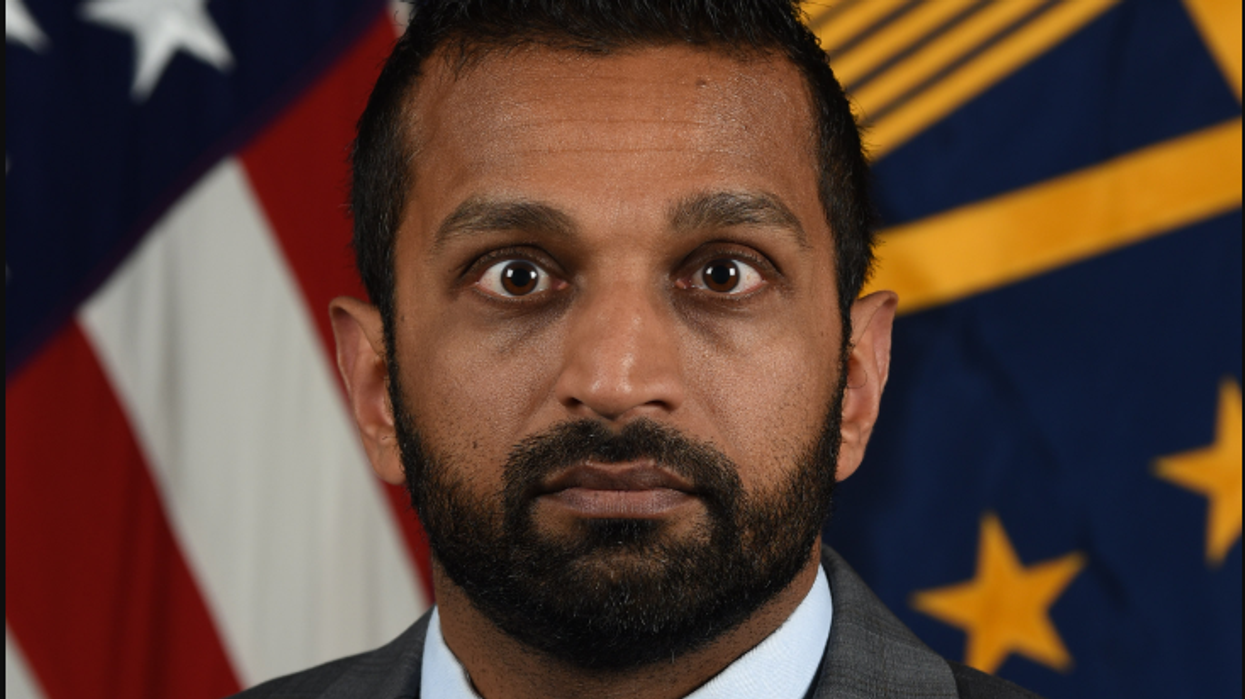Attorney and former president Donald Trump’s top aide Kashyap Kash Patel has accused the Indian American community of running him down with “hateful messages”.
Patel who became the chief of staff to the acting secretary of defence in the final stages of the Trump administration told IANS that he felt “vilified" by the Indian American community at a time when was "unfairly targeted by the US justice department for the colour of his skin".
He said the community did not help its people who held different political views, contrary to his own willingness to help fellow Indian Americans.
“I think it's the height of hypocrisy that they won't support people who are first-generation Indian Americans, who have made it to somewhat the highest levels of the United States government just because they disagree with you politically," he said in an interview with the Indian news agency.
"I will help any Indian American and everyone looking to advance in government service or in other ways, in law enforcement, national defence, wherever I can. But they take the opposite position because they have fake news media to back them. All they care about is publicity and media. The only thing I care about is the mission. I put the mission first every time.”
Patel, born in New York to Gujarati parents, claimed he was getting “hateful” and “spiteful” messages from the Indian American community who are “supposed to be our brothers and sisters".
The attorney who almost came to head the CIA said the “disgusting messages” saddened him.
He was named in a recent Department of Justice affidavit filed before a federal judge to secure a warrant to search Trump's Mar-a-Lago beach home. He was named because he allegedly carried presidential documents with him from the White House in violation of the Presidential Records Act.
Donald Trump’s top aide feels ‘vilified’ by fellow Indian Americans
Kashyap Kash Patel says he gets hateful messages from those who are supposed to be his brothers and sisters.




